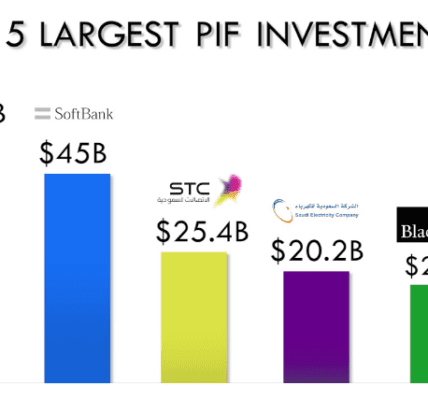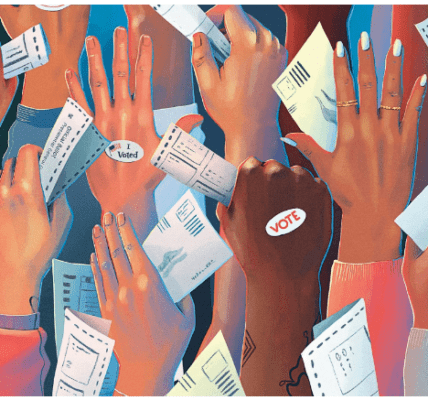Understanding the Complexities, Debates, and Legislative Responses
Dallas, Texas, is facing a pressing challenge as homelessness rates surge, aligning with a statewide trend reported by the U.S. Housing and Urban Development (HUD). This rise in homelessness has sparked debates and prompted controversial policies, shining a spotlight on the need for comprehensive solutions. From economic aftershocks to contentious legislation, the homelessness crisis in Dallas demands a nuanced approach to address its root causes and provide sustainable solutions.
The Rise in Homelessness
The HUD report revealed a troubling 13% increase in homelessness in Texas from 2022 to 2023, with Dallas emerging as a significant contributor to this surge. This reversal of the previous downward trend indicates a growing crisis that necessitates urgent attention and action.
Factors Contributing to the Crisis
Economic Aftermath of the 2008 Crisis:
The echoes of the subprime lending scandals in 2008 continue to reverberate, contributing to a wave of foreclosures that disproportionately affected middle-class Americans. This economic fallout played a role in the increased homelessness seen today.
Policy Shifts and “Anti-Homeless” Laws:
Dallas has faced criticism for its approach to homelessness, particularly regarding policies that some argue push the problem out of sight rather than addressing its root causes. “Anti-panhandling” ordinances have been implemented, raising concerns about infringing on First Amendment rights.
Private Prison Lobbying:
There are indications that private prisons, with a notable presence in Texas, have lobbied for the criminalization of homelessness, viewing it as a potential revenue source. This intersection of profit motives with social issues adds another layer of complexity to the crisis.
The Controversy in Dallas
The city has been at the center of controversy due to its approach to homelessness, with policies that some argue exacerbate the issue rather than solving it.
“Anti-Panhandling” Ordinance:
Dallas implemented an “anti-panhandling” ordinance that prohibits solicitation on medians or city street shoulders. Critics argue that such laws infringe on the First Amendment rights of individuals asking for help, highlighting the tension between public order and individual freedoms.
Rapid Rehousing Model:
The city’s claims of decreasing homelessness through rapid rehousing models have faced skepticism. Local data often contradicts HUD reports, prompting questions about the effectiveness of these strategies.
Busing Programs:
Allegations have arisen regarding cities, including Dallas, adopting programs to bus homeless individuals elsewhere, effectively removing them from local records. This approach raises ethical concerns about the displacement of vulnerable populations.
Legislative Responses and Challenges
In response to the escalating crisis, Dallas plans to introduce policies aimed at preventing homelessness, focusing on renter protections, property tax assistance, and funding for emergency shelters. However, the effectiveness of these measures remains uncertain, particularly amidst controversies and the reliance on non-profits for implementation.
The Broader Implication
The homelessness crisis in Dallas is not an isolated issue but reflects a national challenge faced by numerous American cities. The debate often revolves around whether to prioritize immediate relief measures or implement long-term structural changes that address the root causes of homelessness.
Comprehensive Solutions for Dallas
To effectively address the homelessness crisis in Dallas, a multifaceted and compassionate approach is essential. Key elements to consider include:
Affordable Housing Initiatives:
Invest in affordable housing programs and initiatives, collaborating with developers, community organizations, and housing advocates to ensure access to safe and affordable housing.
Social Services and Mental Health Support:
Increase funding for social services, mental health programs, and addiction treatment services to address underlying issues faced by individuals experiencing homelessness.
Community-Based Solutions:
Involve the community in developing solutions, creating task forces or advisory boards that include community leaders, advocates, and individuals with lived experiences to provide diverse perspectives.
Employment Opportunities:
Create and promote job training programs, employment initiatives, and support services to empower individuals experiencing homelessness to regain financial independence.
Prevention Strategies:
Implement preventative measures, such as renter protections, eviction prevention programs, and targeted assistance for those at risk, to stop individuals and families from falling into homelessness.
Collaboration with Non-Profits:
Strengthen partnerships with non-profit organizations specializing in homelessness services. These organizations play a crucial role in providing immediate assistance and support to those in need.
Data-Driven Decision-Making:
Utilize accurate and up-to-date data to inform decision-making, allowing for a better understanding of the root causes, demographics, and trends in homelessness.
Community Policing and Outreach:
Foster positive relationships between law enforcement and individuals experiencing homelessness. Prioritize community policing strategies that focus on outreach and support rather than punitive measures.
Education and Awareness Campaigns:
Launch public awareness campaigns to destigmatize homelessness and educate the community about the complexities of the issue, building empathy and understanding.
Long-Term Planning:
Develop and implement long-term plans that address systemic issues contributing to homelessness. Revisit zoning laws, economic development strategies, and social policies impacting housing stability.
Read More News:
- Mayors of Chicago and Denver Criticize Texas Governor for Uncoordinated Migrant Transports
- Bundle Up for a Chilly Start to the New Year in North Texas
The homelessness crisis in Dallas demands a comprehensive and compassionate response that goes beyond short-term fixes. By focusing on affordable housing, social services, community collaboration, and preventative measures, Dallas can work towards creating a more equitable and compassionate city for all its residents. The challenges are complex, but with concerted efforts from various stakeholders, meaningful change is possible. The key lies in addressing the root causes of homelessness while providing immediate relief and support to those in need.




